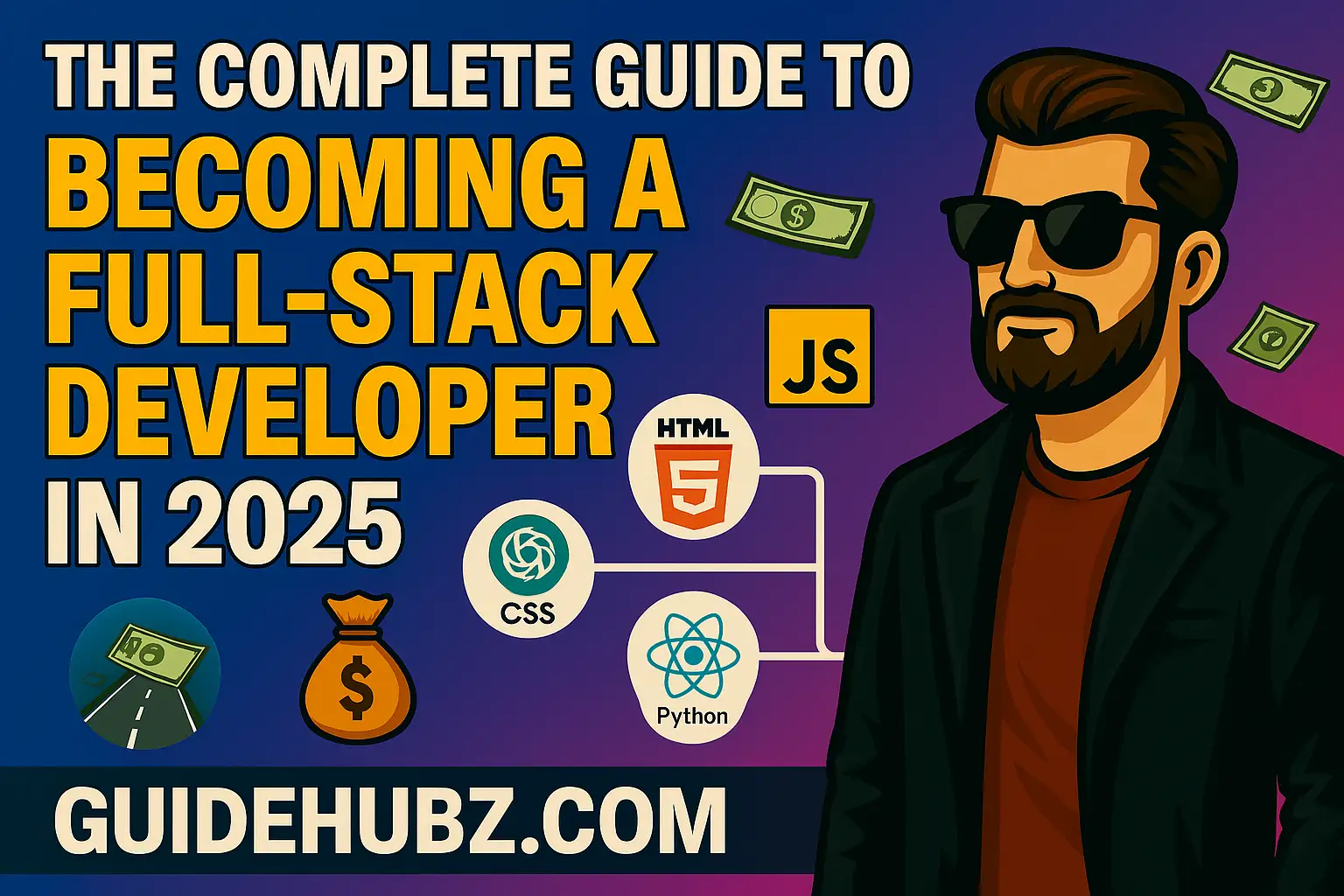Financial stress affects millions, but with the right budgeting strategies, you can take control of your money and live more freely. In 2025, new tools and approaches make budgeting easier and more effective than ever. These practical tips will help you create a budget that works for your lifestyle while building financial security.
2025 Financial Snapshot: 68% of people who follow a budget report lower stress levels and 54% feel more in control of their lives. With inflation stabilizing at 2.3% and new AI-powered tools available, now is the perfect time to optimize your budgeting approach.
The Psychology of Stress-Free Budgeting
Traditional budgeting often fails because it feels restrictive. Modern budgeting is about creating systems that work with your psychology:
Why Most Budgets Fail
- Restriction mindset: Feeling deprived leads to rebellion spending
- Overcomplication: Systems that are too complex get abandoned
- Lack of flexibility: Life changes but budgets often don't adapt
- No emotional reward: Missing immediate positive reinforcement
2025's Top Budgeting Strategies
These modern approaches make budgeting sustainable and effective:
1. The 50/30/20 Rule (Updated for 2025)
- 50% Needs: Housing, utilities, groceries, insurance, minimum debt payments
- 30% Wants: Dining out, entertainment, hobbies, vacations
- 20% Future: Savings, investments, extra debt payments
- 2025 Adjustment: With automation tools, this now requires just 15 minutes/month to maintain
2. Digital Envelope System
- Apps like Goodbudget digitize the envelope method
- Create virtual envelopes for each spending category
- Get alerts when approaching category limits
- Automatically rolls over unused amounts
- Pro tip: Start with just 3-5 main categories
3. Pay-Yourself-First Automation
- Set up automatic transfers to savings/investments on payday
- New 2025 feature: AI adjusts amounts based on cash flow
- Treat savings like a non-negotiable bill
- Start small ($25/paycheck) and increase gradually
4. The 24-Hour Rule for Non-Essentials
- For any non-essential purchase over $50, wait 24 hours
- Use this time to research alternatives and consider value
- Most impulse desires fade within this period
- Exceptions: Replacements for broken essentials
5. Subscription Audits (The Silent Budget Killer)
- Use apps like Truebill to identify all subscriptions
- Cancel anything unused in last 90 days
- Negotiate better rates (especially for insurance/services)
- Set calendar reminders to reassess every 3 months
2025 Budgeting Tools & Apps
These digital solutions make budgeting nearly effortless:
| Tool | Best For | Cost | Key Feature |
|---|---|---|---|
| YNAB (You Need A Budget) | Zero-based budgeting | $99/year | Real-time sync across devices |
| Copilot Money | AI-powered insights | $13/month | Predictive budgeting |
| PocketGuard | Simplified budgeting | $7.99/month | "In My Pocket" spending money |
| Goodbudget | Digital envelope system | Free-$7/month | Shared budgets for couples |
| Rocket Money | Subscription management | Free-$12/month | Automatic cancellation |
Psychological Tricks for Painless Budgeting
Make budgeting enjoyable with these behavioral science techniques:
1. The Round-Up Game
Round up all purchases to the nearest dollar and transfer the difference to savings automatically. $4.35 coffee becomes $5 with $0.65 saved.
2. Visual Progress Trackers
Use coloring charts or thermometer visuals to track debt payoff or savings goals. The visual reinforcement boosts motivation.
3. Small Wins Celebration
Acknowledge every milestone, no matter how small. Saved $100? Do a happy dance! These micro-rewards reinforce behavior.
4. The 10-Minute Money Date
Make budgeting a weekly ritual with coffee/tea. Short, pleasant sessions prevent overwhelm.
5. Future Self Visualization
When tempted to overspend, imagine your future self thanking you for the financial security you're creating today.
Budgeting for Irregular Income
Freelancers, entrepreneurs and gig workers need specialized approaches:
The Freelancer's Budget Framework
- Calculate 12-month average income (remove outliers)
- Budget based on 80% of that average (20% buffer)
- Create separate accounts for taxes, business expenses
- During high-earning months, build a 3-month expense buffer
- Use apps like Lili designed for variable income
Common Budgeting Mistakes to Avoid
Steer clear of these pitfalls that derail financial progress:
- Perfect tracking: 80% accuracy is better than quitting
- No fun money: Complete deprivation backfires
- Annual bills surprise: Divide by 12 and save monthly
- Comparing to others: Your financial journey is unique
- Ignoring small expenses: $5 daily coffee = $1,825/year
Success Story: "Using the digital envelope system, I paid off $28,000 in debt in 18 months while still enjoying life. The key was making budgeting visual and rewarding. Now I actually look forward to my weekly money date!" - Jamal R., Graphic Designer
Frequently Asked Questions
How much should I have in emergency savings?
In 2025, aim for 3-6 months of essential expenses (housing, food, utilities, insurance). Gig workers should target 6-9 months due to income variability.
What's the best way to budget as a couple?
Use shared budgeting apps with individual "no questions asked" spending allowances. Schedule monthly money meetings to align on goals and resolve differences.
How often should I adjust my budget?
Review monthly, adjust quarterly. Major life changes (new job, baby, move) warrant immediate revisions. Modern apps make these adjustments easy.



